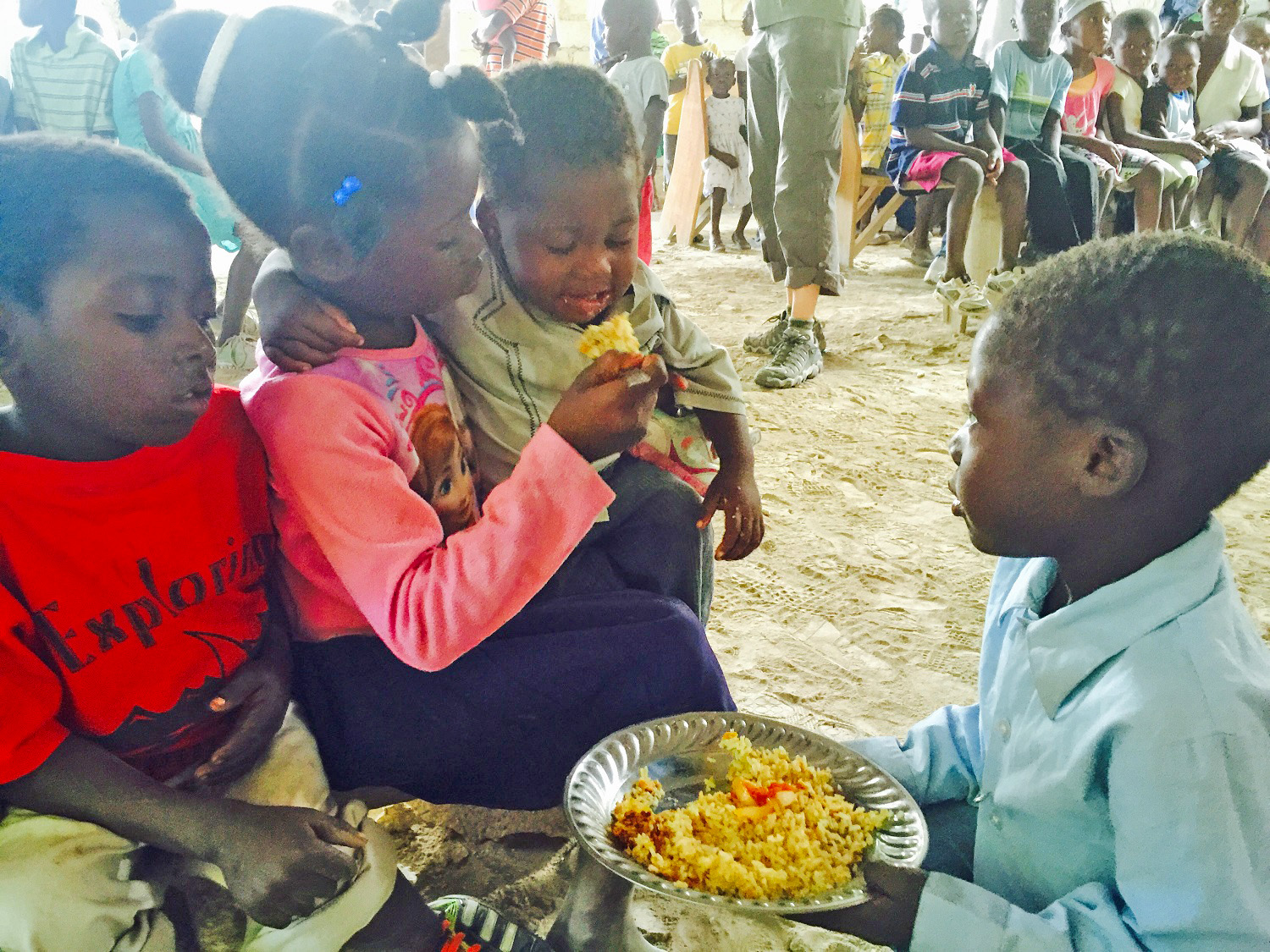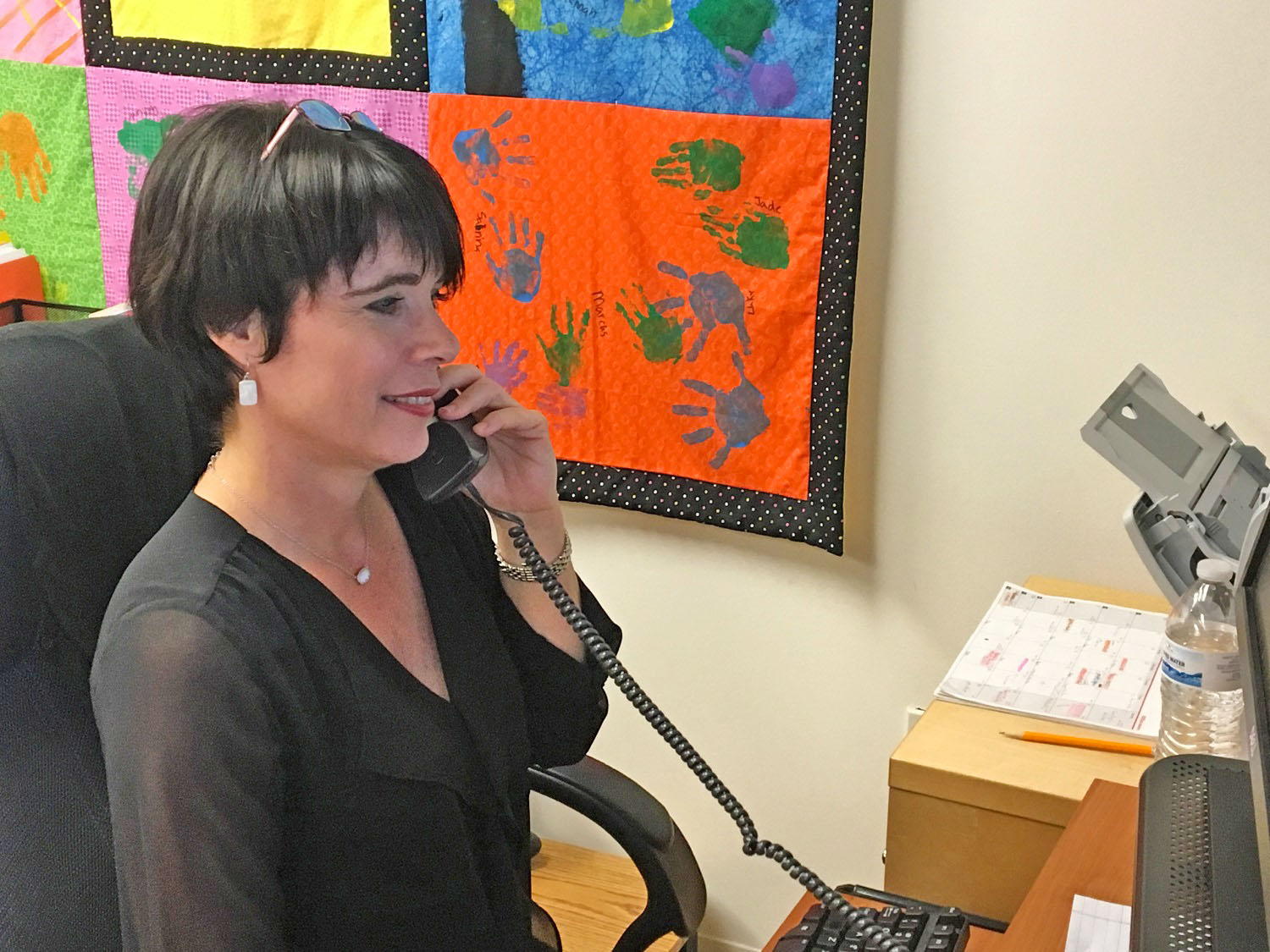Full-Service Adoption
Full-service adoption assistance
From home study through post-placement, we help you through it all.
Full-Service Adoption
Hope International is a small, client-centric adoption agency. Whether you engage us for a home study or full-service adoption, we will guide you on every detail of the process. Our goal is simple: to help your family grow through adoption.
In addition to being Hague accredited, what makes Hope unique is that we pledge to always return your phone calls. You will hear from us throughout the adoption process, not just during the home study. Our staff offers unlimited contact with quick response times. If you live in Texas, we’ll complete your home study. If you live out of state, we’ll facilitate your home study and review your completed home study. We’ll help you file essential paperwork with USCIS and talk you through the dossier prep process. When you have questions, we love to answer them. Not sure what to expect when you travel to adopt your child? We will set up a travel meeting to prepare you for those first few weeks. We connect you with other families in similar situations as a support system. Hope goes above and beyond with full service.
The Hague Convention requires that all international adoptions have an identified Adoption Service Provider aka Primary Provider.
Primary Provider
Hope International can serve as your Adoption Service Provider (ASP), also known as a Primary Provider (PP). Hope would be your ASP if you chose to adopt through our Bulgaria or Bangladesh programs. You do not have to live in Texas to adopt from Bangladesh or Bulgaria with Hope International. As your ASP, Hope International is responsible for the following six adoption services:
- Identifying a child for adoption and arranging the adoption
- Securing consent to termination of parental rights and to adoption
- Performing a home study and report on prospective adoptive parents or background study and report on a child
- Making non-judicial determination of a child’s best interests and of the appropriateness of an adoptive placement
- Monitoring case after placement until final adoption, such as when guardianship is granted
- Assuming custody of a child and providing care or social services when necessary because of disruption pending alternative placement.
Our Governing Bodies
Hague Convention
The Convention’s intent is to protect children and adoptive parents. An Agency must be Hague Accredited, or a Supervised Provider, if they provide one or more of the six adoption services. That agency must verify and confirm that all services are completed and provided ethically.
Universal Accreditation
The Universal Accreditation Act of 2012 (UAA) requires that all inter-country placement agencies be Hague Accredited, even if they only work in non-Hague countries, and that all adoptions have an accredited Primary Provider.
TDFPS
The Texas Department of Family and Protective Services is mandated to regulate child-placing activities in Texas. Hope International is licensed by TDFPS to conduct domestic and international adoptions.
Central Authority
The Hague Convention requires that countries who are party to it establish a Central Authority to be the authoritative source of information and point of contact in that country. The Department of State is the U.S. Central Authority for the Convention.
Understanding the Hague Convention
The Hague Convention on the Protection of Children and Co-operation in Respect of Inter-country Adoption (Convention) is an international agreement to safeguard inter-country adoptions. Concluded on May 29, 1993 in The Hague, the Netherlands, the Convention establishes international standards of practices for inter-country adoptions. The United States signed the Convention in 1994, and the Convention entered into force for the United States on April 1, 2008.
The Convention applies to all adoptions by U.S. citizens habitually resident in the United States of children habitually resident in any country outside of the United States that is a party to the Convention.
(from travel.state.gov)


Hague vs Non-Hague Adoptions
Both the Hague Convention Adoption Process (Convention adoptions) and the orphan adoption process, (or non-Convention adoptions) involve two basic U.S. determinations: 1) The suitability of the adoptive parents, and 2) Whether the child’s adoption meets eligibility requirements in order for the child to immigrate to the United States.
Convention Country (Bulgaria)
Adoptive Parent’s Eligibility: Form I-800-A; must be filed before being matched with a child (and before Form I-800)
Provisional Petition Approval; Child’s Eligibility : Country of Origin must determine the child is adoptable with Convention consents and other protections, must meet definition of Convention adoptee Form 1-800
Child’s Medical Records: Prepared, and provided by Convention country’s competent authorities; Prospective adoptive parents given at least 2 weeks to review
Visa Type: IH-3 or IH-4 Visas
Visa Application: Submitted before foreign adoption/legal custody proceedings
Non-Convention Country (Bangladesh)
Adoptive Parent’s Eligibility: Form 1-600-A; Can be filed at the same time as the Form I-600.
Visa Type: IR-3 or IR-4 Visas
Visa Application: Submitted after foreign adoption/ legal custody proceedings
Provisional Petition Approval; Child’s Eligibility: Must meet orphan definition Form 1-600
The Immigration and Nationality Act provides a definition of an orphan for the purposes of immigration to the United States: A child may be considered an orphan because of the death or disappearance of, abandonment or desertion by, or separation or loss from, both parents. The child of an unwed mother or surviving parent may be considered an orphan if that parent is unable to care for the child properly and has, in writing, irrevocably released the child for emigration and adoption. The child of an unwed mother may be considered an orphan, as long as the mother does not marry (which would result in the child’s having a stepfather) and as long as the child’s biological father has not legitimated the child. If the father legitimates the child or the mother marries, the mother is no longer considered a sole parent. The child of a surviving parent may also be an orphan if the surviving parent has not married since the death of the other parent (which would result in the child’s having a stepfather or stepmother). Note: Prospective adoptive parents should be sure that a child fits the definition of ”orphan” before adopting a child from another country, because not all children adopted abroad meet the definition of “orphan,” and therefore may not be eligible to immigrate to the United States.
Testimonials
Get in touch with
Hope International
Call us at 214-672-9399 or contact us using this form:

